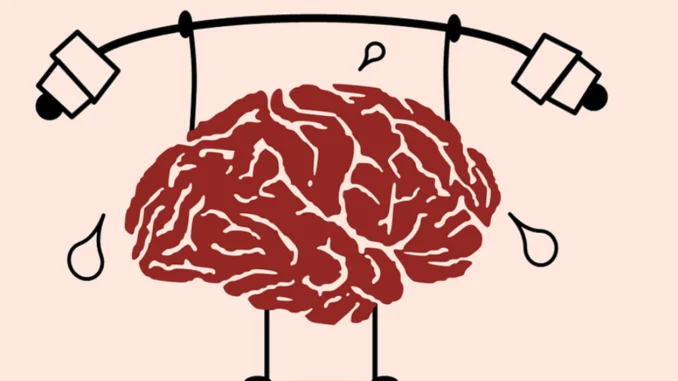
The brain is sometimes seen as a muscle, the more you train it the more it is able to express extraordinary functions. However, it also has an enormous benefit deriving from movement and physical activity. Numerous studies have shown that exercise helps reduce age-related cognitive decline and may even prevent or delay dementia.
Studies indicate that exercise programs involving both aerobic exercise and strength training are highly beneficial, with exercise sessions lasting at least 30 minutes.
In addition to age and gender, individual, subjective differences also play an important role in determining how much value physical exercise can give to an individual. It therefore becomes essential to consider genetic characteristics, daily habits, and any previous sporting activities.
The effects of physical exercise on cognitive function in older adults
Numerous studies in recent years have shown that exercise can improve the effects of aging on the brain , both in terms of preventing or postponing dementia, and reducing the more normal age-related decline in cognitive function. The reasons for the effect are almost certainly multiple, for example:
Exercise has clear effects on the capacity of the cardiovascular system and many recent studies have provided increasingly solid evidence supporting the relationship between the cardiovascular system and the health of our brain system: “what is good for the heart is good for the brain” .
This can happen for several reasons, including that exercise can increase the flow of oxygen-rich blood to the brain and that it also helps control circulating sugar levels in the blood. Related to this last theme, a recent study found that subjects with reduced glucose tolerance tend to have a smaller hippocampus ( useful for learning and the seat of memory ).
Interestingly, while exercise benefits both sexes, there is some evidence that it may be of greater benefit to women (in older age). This may be related to estrogen status. There is evidence that, in females, the benefits of exercise depend on the presence of estrogen. Voluntary physical activity levels also depend on estrogen status. This may underlie some of the benefits that hormone therapy may have on cognitive functioning in older women.
Based on what the most current research tells us, we can say that the main indications and benefits of physical exercise on cognitive function in the elderly are:
- Training programs involving both aerobic exercise and strength training produced better results on cognitive abilities than either method alone.
- Exceeding 30 minutes of training for each session allows you to obtain the maximum benefit.
In older adults, the goal is clearly to ensure that exercise can counteract some of the biological wear and tear caused by aging.
The effects of exercise on cognitive function in children and young adults
The studies carried out on young people and adults are in smaller quantities than those on the elderly, but as basic results we can certainly highlight how jogging activity, therefore in general we can consider all aerobic activities, generating a greater flow of blood and therefore oxygen to the brain allow for better brain activities .
In fact, improvements are achieved in both calculation, memorization and reaction capabilities.
This allows us to understand how many areas of our brain mass can benefit from movement and not just one specifically.
Other data also suggests that children in good physical shape identify visual stimuli more quickly and improve their academic performance in a more or less similar way.
Brain regions affected by physical exercise
As mentioned previously, it appears from scientific evidence that different areas of the brain benefit from physical activity. In particular, it was observed that in addition to the improvement of logical abilities, there was also a positive increase in socio-relational attitudes , with increased activity especially in the frontal and temporal lobes. Furthermore, movement also allows you to increase your balance skills, favoring the maintenance of a good neuronal mass of the cerebellum.
Read more: Not just sore muscles: If you have these six signs, you shouldn’t exercise today